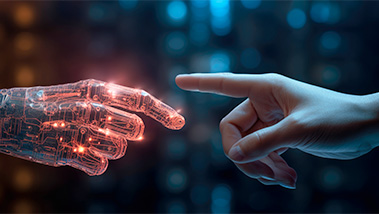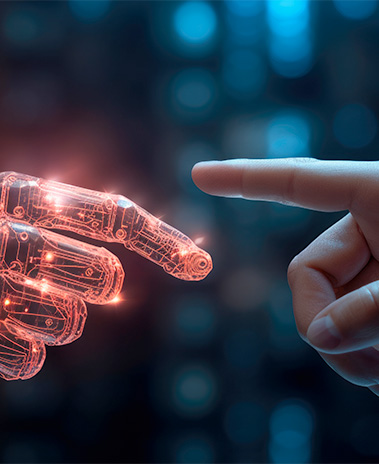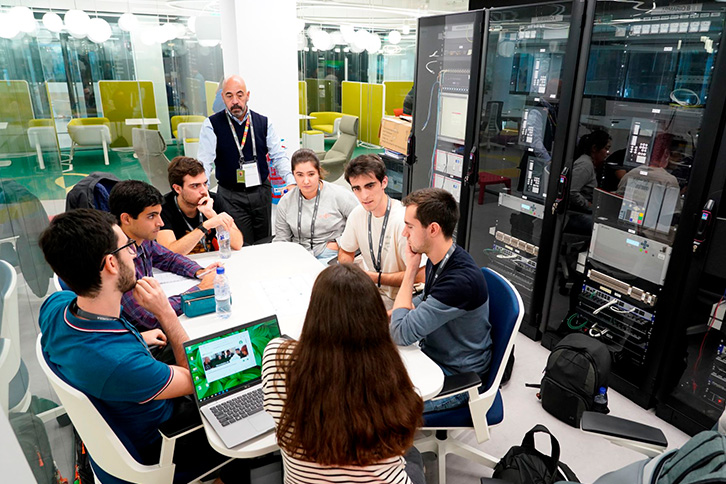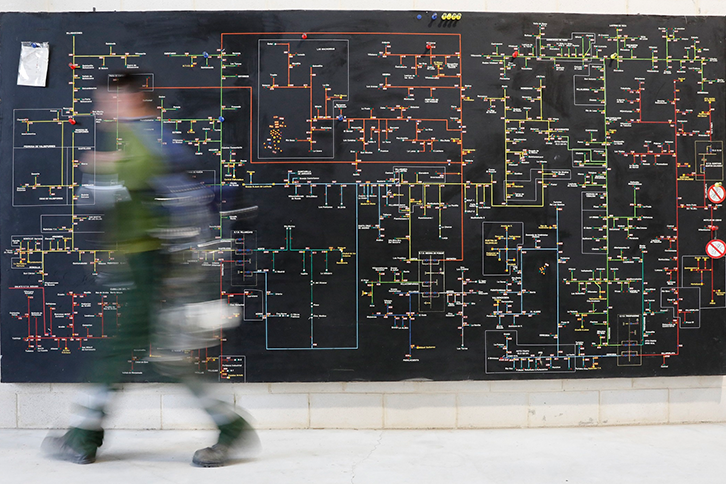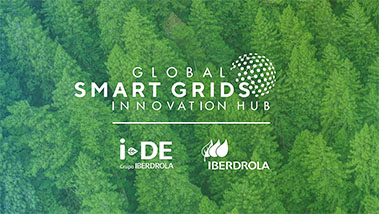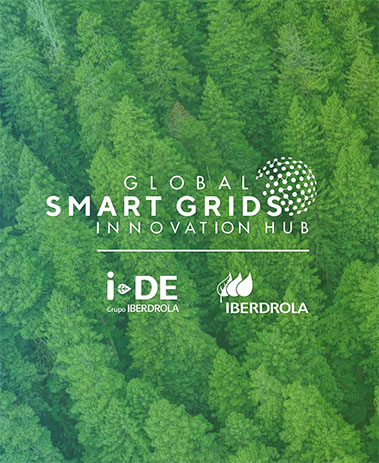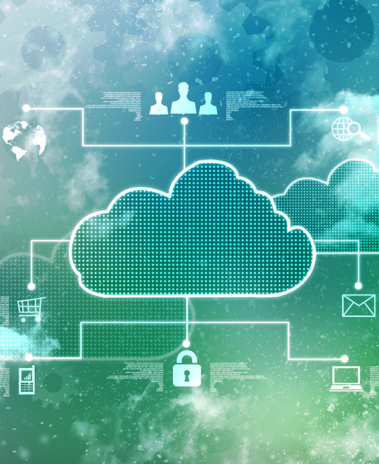#Artificial Intelligence
Artificial Intelligence (AI) is a branch of computer science that enables machines to learn to perform autonomous tasks and make decisions. In renewable energy, AI optimises the use of resources such as wind and sun, adjusting systems in real time to maximise efficiency, reduce waste and ensure constant and sustainable supply.
-
Artificial intelligence, for those who do not use it on a daily basis, seems like a concept typical of great film productions or science fiction books. But the truth is that it is a set of almost century-old concepts that are increasingly present and to which we resort, often without realising it. Find out what artificial intelligence is, what it is for, what its risks and challenges are and what we expect from it in the future.
Iberdrola today held a conference at its global smart grid headquarters in Bilbao dedicated to promoting young talent linked to green jobs. The necessary energy transition offers an opportunity for the future employment of young generations...
-
Facebook Iberdrola is committed to retaining and attracting young talent from its smart grid world headquarters in Bilbao
-
Twitter Iberdrola is committed to retaining and attracting young talent from its smart grid world headquarters in Bilbao
-
Linkedin Iberdrola is committed to retaining and attracting young talent from its smart grid world headquarters in Bilbao
-
Whatsapp
-
-
Iberdrola, through its US subsidiary Avangrid, has launched a Data Science and Analytics team to develop unique and proprietary Artificial Intelligence (AI) systems that will focus on improving the reliability of its grid and maintaining the...
Iberdrola's Global Smart Grids Innovation Hub, located in Bilbao, is consolidating its position as a global centre of innovation and knowledge in smart grids to help respond to the challenges of the energy transition. The centre acts as a driving force for innovation, combining Iberdrola's technological capacity with that of more than 100 collaborating entities and companies.
-
Facebook Global Smart Grids Innovation Hub: Changing the present to lead the future in smart grids
-
Twitter Global Smart Grids Innovation Hub: Changing the present to lead the future in smart grids
-
Linkedin Global Smart Grids Innovation Hub: Changing the present to lead the future in smart grids
-
Whatsapp
-
-
Successive digital innovations in the 21st century have driven cloud computing technology, which allows remote access to different software via the Internet.
A smart meter provides detailed information on consumption in order to reduce electricity bills and also increase knowledge about the status of the electricity grid, which improves its performance and the quality of service for customers. As part of the evolution towards a smart grid, Iberdrola has installed and continues to install millions of these devices in all the countries in which it operates distribution networks.





